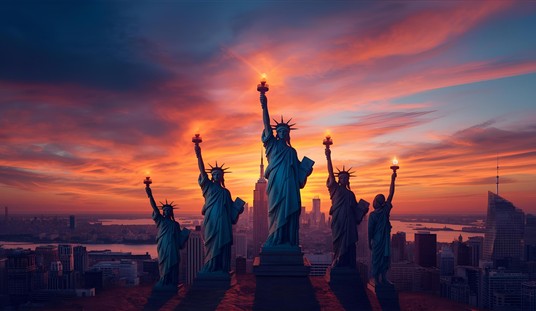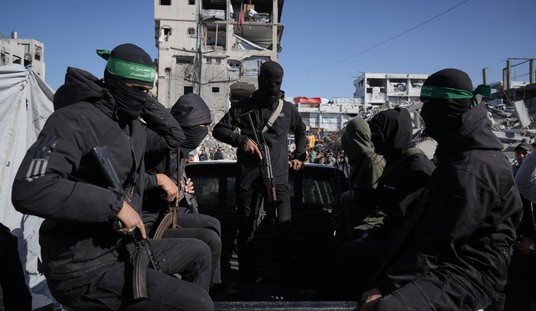He sat across from me seemingly at ease, though a tad stiff; the aches of life slowly gaining ground. A plain man of retirement age. “Between engagements” he called it with a chuckle, referring to that country lane that stretches between the freeway of the most active part of life and what lies at the end of the road.
Quietly, with passion and in plain English peppered with the language of a man who is cut from blue collar cloth, he provided me his views on his travels thus far. And boy, what a trip it has been…
The cross-roads came in a rice paddy in Vietnam on Jan. 8, 1968. It was then that Gary G. Wetzel made the decision to climb into the driver’s seat and steer the car for a little while. “You just do what needs to be done,” he told me. “That’s about the size of it.” And that’s pretty much what he did there. But it wasn’t what he did on that day I wanted to know about. It was how the events had affected his life after.
If there was one word to describe what he told me over the 20 minutes we spent together that word would be “appreciative.” Now, that’s a word that would fit virtually all of the combat veterans I have ever interviewed, not just the Medal of Honor awardee reposed in an office chair before me. But this man had a way of expressing that appreciation more clearly than I had ever heard. Maybe it was the size of his sacrifice. Maybe it was through sheer repetition of the story through the years. Who can say? Whatever it was, he moved me with his simple elequance like no other.
Watch a video profile of Gary G. Wetzel:
He wasn’t a hero, he said. There were others who had done much, much more who never got to wear the blue starred ribbon. The difference for him was that there were witnesses who made sure he received the recognition; others who had made the decision that the award was justified. Nor was the honor the award comes with his, per se, he said. Instead, he sees himself as little more than a custodian of the honor; a guardian of the privilege. And when he would eventually take the final off-ramp from life, he had instructions already drafted for the medal to be placed on public view, so that the sacrifice it represented – a sacrifice made for America, her people and her way of life – could continue to be recognized and appreciated. He wore the award for everyone, he said. He was a just a representative.
Ah, and the sacrifice! How that word rang throughout the conversation, but very little of it having to do with what occurred on that day in 1968. Instead, the term came to represent the ‘giving back’ that he and other veterans of his war had done since returning home. Helping the returning veterans of our most recent conflicts transition back from the insanity of the war zone to the normalcy of life here at home was a big part of it. So was helping the country to understand you can hate the war while still respecting the warrior. “We got s**t on when we can home, lots of us. That can’t happen again. Nobody likes a war. But there is a need to recognize the sacrifice of the warrior who goes. He’s doing what he’s required to do. Hating him for that is not an option.”
Then there is the time he and the vets of his war spend reaching out to children in communities across the nation to guide them toward a better self. “You gotta like yourself,” he said. “That’s first and foremost. I never start any day without greeting myself in the mirror cheerily. If you don’t like you, then it’s likely others won’t either and you can never be an effective person. If you don’t like something about yourself, f**kin’ fix it. Be productive; work toward a better outcome; and never, ever give up…”
Perhaps the most striking view he offered concerned America herself. There was no mention whatsoever of his political view (I still couldn’t tell you what side of the fence he hangs his spurs on), only a simple, unclouded message. And in a world of extreme Political Correctness, that message was like a breath of fresh air in a truly stale atmosphere: America, despite her problems, still offered a way of life like no other, was still the greatest country on the planet and could still count on remaining so as long as her people remembered just what it had cost to become that kind of country.
“I always try to tell people to look into the flag. Not just look at it, but really look into it. The flag is painted with blood – the blood of people who gave so we could have the great society we have,” he said.
He loved going out east, he said, to what he termed “the cradle of America” to be where it had all started. “Those first patriots…” His voice trailed off wistfully as he gave a little shake of his head.
Wistfulness, for soldiers dead in their graves for well over 200 years, from a bearer of our country’s highest decoration for valor.
But that was the greatest trait that struck me about him; his humility, the humbleness that seemed to be him. When he puts his award on and answers the responsibilities required of him because he holds it, he is all business. This is to be expected. But there can never be any mistaking just who HE is behind the medal: just Gary. Ol’ Gar. Just a kid from Oak Creek, Wisconsin who lied about his arrest record (such as it was – he was never a hoodlum, just a typical high energy kid of the times) to get into the Army.
“The Marines turned me down because I had a juvenile record. The Marines. Can you beat that?” he said, laughing. But years later, when at some official function at which he was an honored guest he took the salute of the very same recruiting sergeant that had turned him away, he couldn’t help but rib the man a bit. “You boys kinda missed out I guess, huh?” he said – then stood the man the first round of drinks. That’s Gary Wetzel. Just a fella.
Heroes don’t glow in the dark. They don’t wear capes, nor spandex tights, nor swing on webbing across town. Most of us would agree that more often than not they are unassuming, regular people going about the day to day business of life after having gone above and beyond what was expected of them at one time or another. There are some stand out a little bit more than others, while some remain comfortably ensconced in obscurity. The majority of them, however, are not hard to find. The title begins the day they arrive at a training facility for government service, or at a police or fire academy, or hustle out of the back of an ambulance at the scene of an accident. The title only gains epic proportions on those ‘day of days’ that spring up from time to time.
At one time or another all three of my children have asked me, “Daddy, are Superheroes real?” And without missing a beat I have answered the same way every time: “You bet. Absolutely. Without a doubt.” Then, every Veteran’s Day; every Memorial Day; every 4th of July I would take them to a parade a point those Superheroes out. And for 20 minutes the other day, I spent some time with one of them who reminded me, not in so many words but more so in just who he was, that it’s not just the event these people are recognized for that makes them the hero.
More often than not it’s the individual who took up the challenge and simply did what needed doing at the time. Not for glory, nor fame, nor official recognition, but because it was the right thing to do at the time.
Hollywood can never equal that.







Join the conversation as a VIP Member